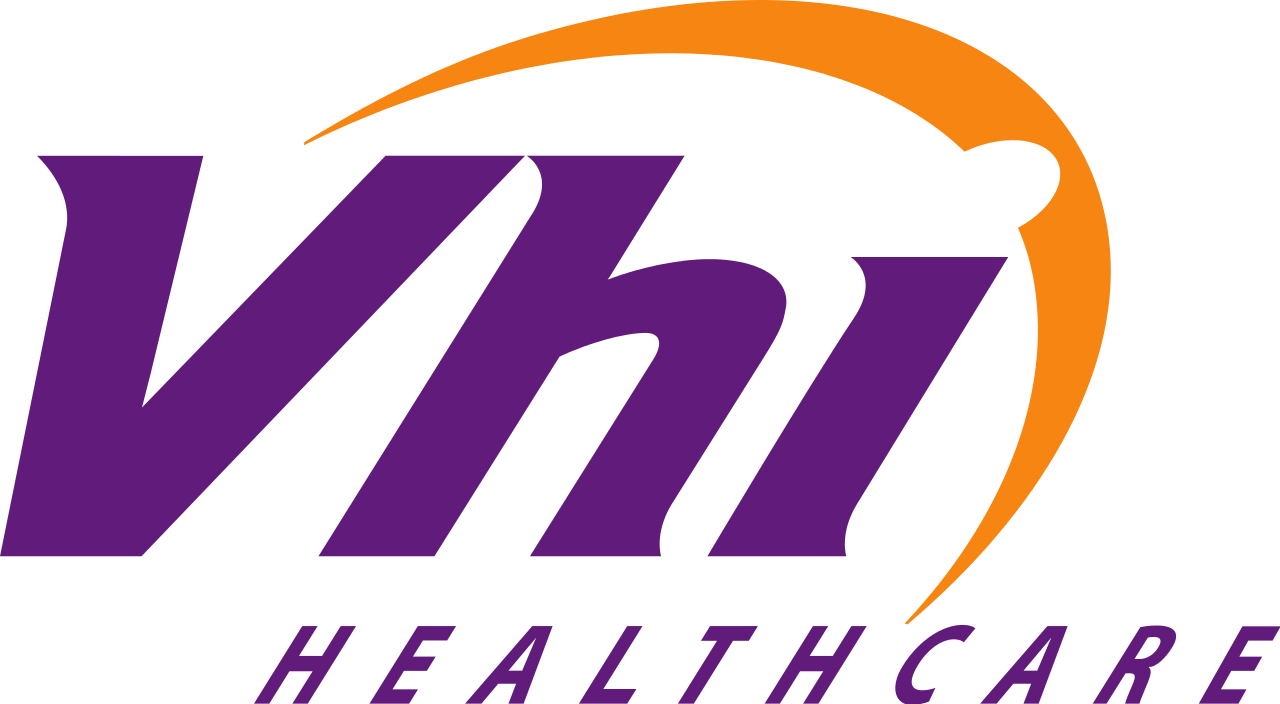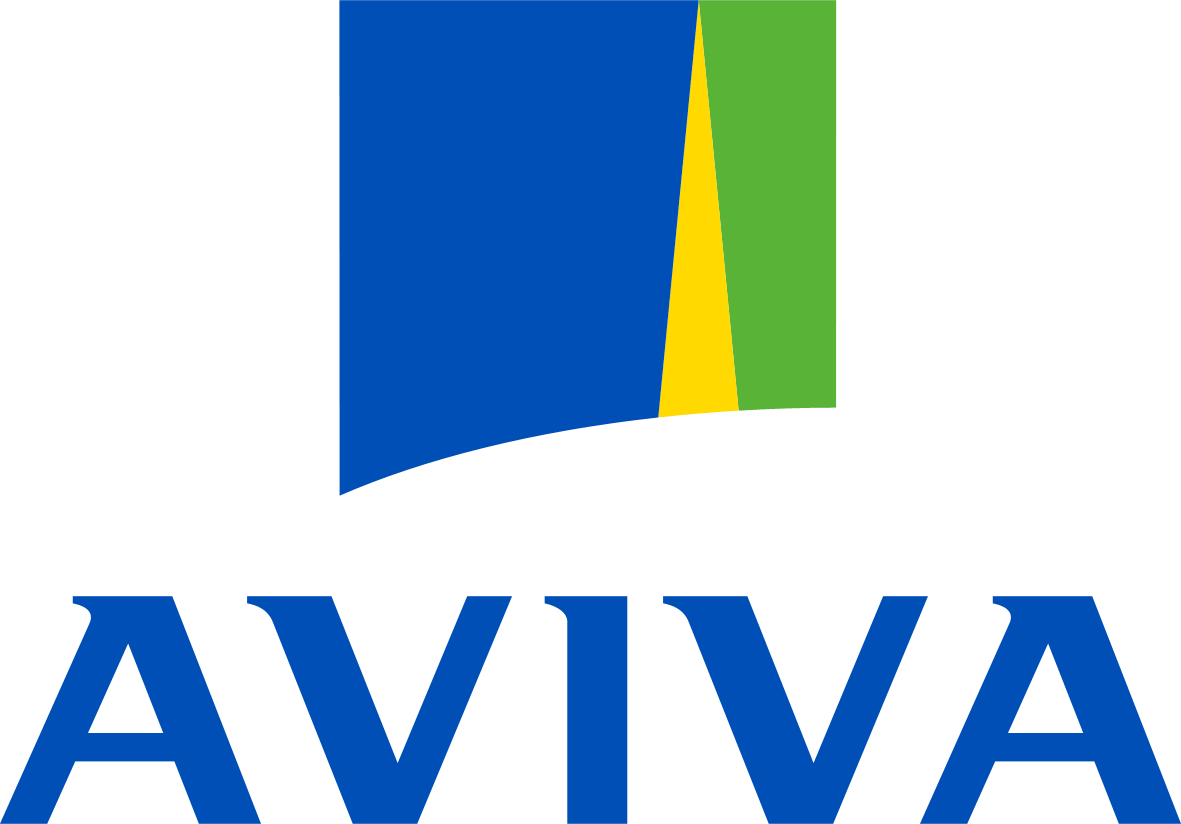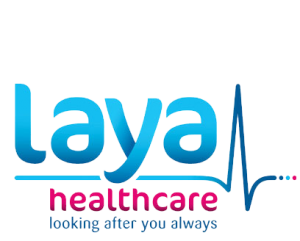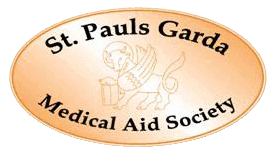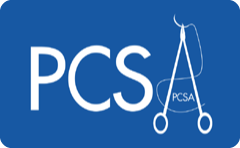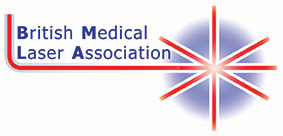 Download this information as a PDF
Download this information as a PDF
Intolerance to sugar or yeast or both can cause many problems, including skin rashes, bowel problems, vaginal thrush, recurrent sore throats, chronic fatigue, irritability, depression and multiple other vague complaints. This has also been called “Candida”. However, a more appropriate term is food intolerance. Many of these problems will improve or clear completely by going on a sugar-free, yeast-free diet.
SUGAR-FREE DIET
The main sugars (carbohydrates) that you want to cut out in your diet are the refined ones. These are basically processed sugars that are found in white and brown sugar and in sugary foods such as honey, jams, marmalade, sweets, cakes, biscuits, soft drinks, some cereals and canned fruits. Many foods, particularly those in tins contain added sugar. Read the label! Other refined carbohydrates such as white flour or foods made with white flour should be avoided. Wholegrain (brown) flour is best. The best types of carbohydrates or sugars to take are known as complex or refined carbohydrates. These include brown rice, oats, other whole grains, potatoes in their skins and wholemeal pasta. Most fruits are safe if taken in limited quantities. However, it is best to avoid grapes. Lean meats, chicken, fish and vegetables contain no carbohydrates and are quite safe. So basically a sugar free diet means not taking any sugar in your tea or coffee. You should also avoid sugary drinks such as “coke” or “7-Up”. Sugar substitutes such as “Hermesetas” are acceptable. You should eat a sugar free, wholegrain high fibre brown bread. Avoid any pastries. You should also avoid any sugary foods such as desserts and all the “junk foods” such as sweets, cakes and biscuits. The best thing to take after a meal if you are still hungry is a small piece of fruit. The best drinks are herbal tea, decaffeinated coffee, milk or water.
YEAST-FREE DIET
In addition to sugars some people are also intolerant of yeasty foods. The most common sources of yeast in the diet are in baking such as breads, and in the brewing of alcohol. Therefore it is best to eat a yeast-free high fibre bread made with wholegrain brown flour. You should avoid any pastries or foods that are made with yeast. Alcohol should be kept to a minimum. In particular you should avoid any alcohol that is fermented with yeast such as beers, stouts and wines. If you have to have a drink the best are spirits such as small amounts of whiskey, gin or brandy. If you need a mixer, use either water, or slimline or diet mixers. Other fermented foods and drinks which should be avoided include vinegar, soya sauce, buttermilk and cheese (especially blue cheese). Shelled nuts and dried fruit often have moulds on the surface and dried fruit is rich in sugar and so should be avoided. Grapes are also sugary and often have mould on their surface. Mushrooms are yeasty and are best avoided. Canned or frozen citrus juices can often be sugary and have yeast. Pickled foods should also be avoided. Any foods that look mouldy such as over-ripe vegetables or fruit should be avoided.



